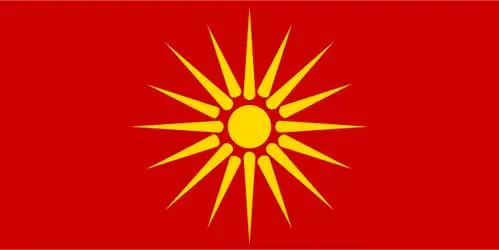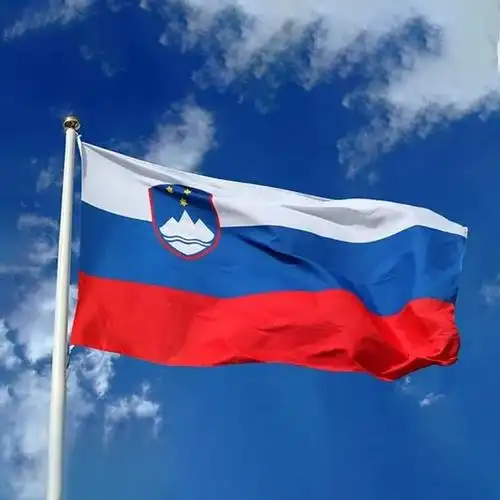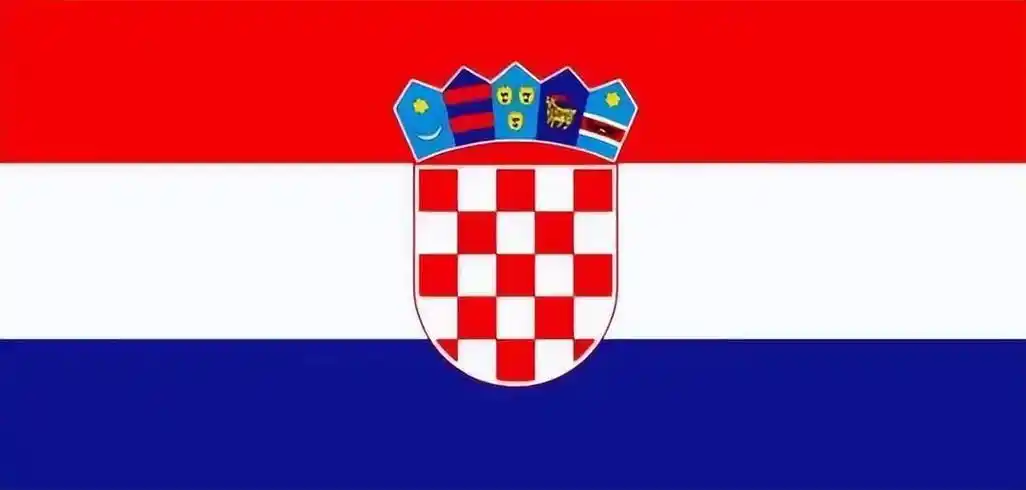Overview of Investment in Macedonia

Overview of Investment in Macedonia
Overview of Macedonia
1. Historical background
The Macedonian region has a long history, dating back to the establishment of the Macedonian Kingdom in 808 BC. The kingdom reached its peak during the reigns of Philip II and Alexander the Great, and its territory spanned across the three continents of Europe, Asia, and Africa, known as the Alexander Empire. In 168 BC, the Kingdom of Macedonia was annexed by the Roman Republic and later evolved into the "Macedonian Province" of the Roman Empire. In the 7th century, Slavs migrated to the Macedonian region, and from the second half of the 10th century to the early 11th century, the first Slavic state was established. In the 20th century, the Macedonian region experienced the Balkan Wars, two world wars, and the establishment and dissolution of the Yugoslav Federation, and finally declared independence in 1991.
2. Geography and Climate
Macedonia is located in the central part of the Balkan Peninsula in Europe, bordering Albania to the west, Greece to the south, Bulgaria to the east, and Serbia to the north, with a land area of 25700 square kilometers. The climate is mainly temperate continental climate, with some areas influenced by Mediterranean climate.
3. Politics and Administration
Macedonia is now the Republic of North Macedonia, with Skopje as its capital. In May 2024, Gordana Silyanovska Dovkova was elected as the President, with Hrystyan Mitzkowski serving as the Prime Minister. The country implements a unicameral parliament with a total of 120 members serving a term of 4 years.
4. Population and ethnicity
In 2023, the population of Northern Macedonia will be about 1826000, and the main ethnic groups will be Macedonians (54.21%), Albanians (29.52%), Türkiye (3.98%), Roma (2.34%) and Serbs (1.18%). The official language is Macedonian, and most residents believe in Eastern Orthodoxy, with a few practicing Islam.
5. Economy
In 2022, North Macedonia's gross domestic product was 12.51 billion euros, with a per capita gross domestic product of 5964.7 euros and an economic growth rate of 2.1%. The main economic sectors include agriculture, mining, and manufacturing.
6. Culture and Festivals
Important holidays in North Macedonia include National Day (September 8th), commemorating independence in 1991. Culturally, the Macedonian region was deeply influenced by Slavic, Byzantine, and Ottoman empires, preserving rich traditional music, dance, and architectural styles.
7. International Relations
Macedonia has long been embroiled in a dispute with Greece over its name. In 2019, it officially changed its name to the "Republic of North Macedonia" to resolve the dispute and became a candidate country for NATO and the European Union.
The above is an overview of Macedonia, covering multiple aspects such as history, geography, politics, economy, and culture.
North Macedonia's GDP in 2023 is 14.52 billion euros, with a per capita GDP of 6947.4 euros and an economic growth rate of 2.3%
1、 Core macroeconomic data
GDP and Growth
In 2023, the Gross Domestic Product (GDP) will reach 14.52 billion euros, with a per capita GDP of 6947.4 euros and an actual growth rate of 2.3%. In 2024, the economic growth rate will increase to 2.8%, and the initial value of per capita GDP will reach 9150 US dollars.
By quarter, growth in 2024 is showing an accelerating trend: it increased by 1.9% year-on-year in the first quarter and rose to 3.2% in the fourth quarter (2.8% after seasonal adjustment in the third quarter).
Currency and Inflation
The official currency is Denar, with an exchange rate of 1 US dollar ≈ 57 Denar and 1 euro ≈ 61.5 Denar in 2023.
The inflation rate is 9.4% and the unemployment rate is 13.1%.
2、 Industrial Structure and Resources
Industry and Resources
Industry accounts for 21.4% of GDP, mainly in mineral mining, metallurgy, chemical industry, and electricity. The coal reserves are about 940 million tons, and the forest coverage rate is 38.9%.
Agriculture accounts for 7%, with a cultivated land area of 514000 hectares, and animal husbandry accounts for the main part of agricultural land (735000 hectares).
Tourism industry
It has over 4200 archaeological sites and more than 1000 churches, with Lake Ohrid as its main scenic area. In 2023, there were 1.1687 million tourists, of which international tourists accounted for 62.8%.
3、 Finance and Trade
Financial situation
As of the end of 2023, foreign exchange reserves amounted to 4.124 billion euros and external debt amounted to 11.462 billion euros.
In 2023, the total trade volume was 21.05 billion US dollars, with a deficit of 3.05 billion US dollars (exports of 9 billion US dollars, imports of 12.05 billion US dollars), and the main partners were Germany, Greece, China, and others.
Attracting foreign investment
The average annual foreign direct investment from 2021 to 2023 is about 686 million US dollars, with a stock of 6.3 billion US dollars (2021).
4、 Challenge and Regional Comparison
Economic pressure: After joining NATO, military spending increased, and by 2025, it was reported that the healthcare budget would be reduced by 43%, resulting in a youth unemployment rate of 42.7%.
Regional status: In the Balkan Peninsula, it is a relatively poor country with a monthly income generally ranging from 1680-3690 yuan (approximately 230-500 euros).
Summary: The economy of North Macedonia is dominated by industry and has maintained low-speed growth in recent years, but faces structural challenges brought about by inflation, unemployment, and geopolitics. Tourism and mineral resources are potential advantageous areas.
The investment environment in Macedonia is generally good, and the government has taken a series of measures to attract foreign investment, including simplifying administrative procedures, reducing bureaucratic barriers, and providing tax incentives. Macedonia is located in Southeast Europe, in the central part of the Balkan Peninsula, with abundant mineral resources and lower living costs, which makes the country highly attractive to foreign investors.
investment incentives
Tax incentives: Macedonia offers various tax incentives to attract investors. For example, enterprises that settle in the technology industry development zone can be exempt from corporate income tax and personal income tax for 10 years, permanently exempt from value-added tax, property tax, and consumption tax, and exempt from customs duties on imported materials and equipment.
Special Economic Zones: Macedonia has designated several special economic zones that provide favorable tax systems, simplified administrative procedures, and infrastructure support to encourage investment in specific industries or geographic regions.
Non discriminatory policies: The law ensures equal treatment for foreign and domestic investors, with no restrictions on foreign ownership in most areas, allowing for comprehensive foreign ownership.
Key investment areas
Macedonia's economy is diversified, with some industries having investment and export potential. The key investment areas include automotive parts, software development, food processing, pharmaceuticals, hydropower development, fine chemicals, and tourism development. In addition, industries such as textiles and leather products, fruit and vegetable cultivation and processing, wine, tobacco, chemicals and pharmaceuticals, infrastructure, and telecommunications also have significant investment potential.
Specific advantages of investment environment
Low cost of living: Prices in Macedonia are only about 50% of the European average, and expenses such as rent, meals, and transportation are quite low. For example, the monthly rent for a one bedroom apartment in the city center of Skopje is approximately 200-300 euros, and a local specialty meal only costs 3-5 euros.
Abundant tourism resources: Macedonia has abundant tourism resources, especially world cultural heritage sites such as Lake Ohrid, which attract a large number of tourists and drive the growth of demand for short-term rental markets such as homestays and hotels.
Complete medical welfare: Macedonia's medical system has a wide coverage, high level of medical facilities and technology. After obtaining residency status, one can enjoy free access to the public healthcare system.
Strong cultural atmosphere: Macedonians are warm and hospitable, blending multiple ethnic and religious backgrounds to provide diverse cultural experiences
.




